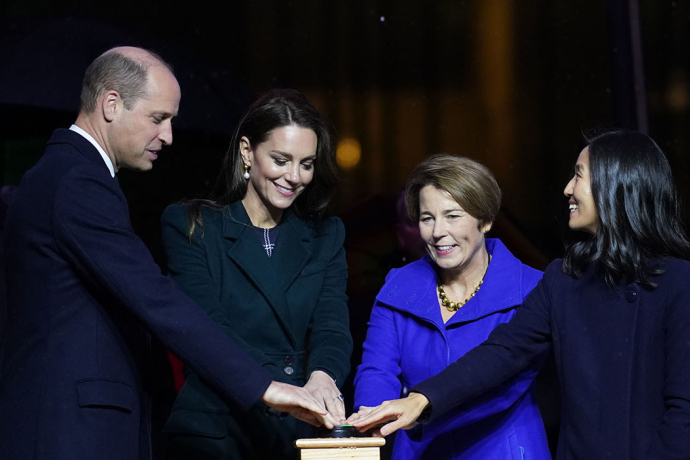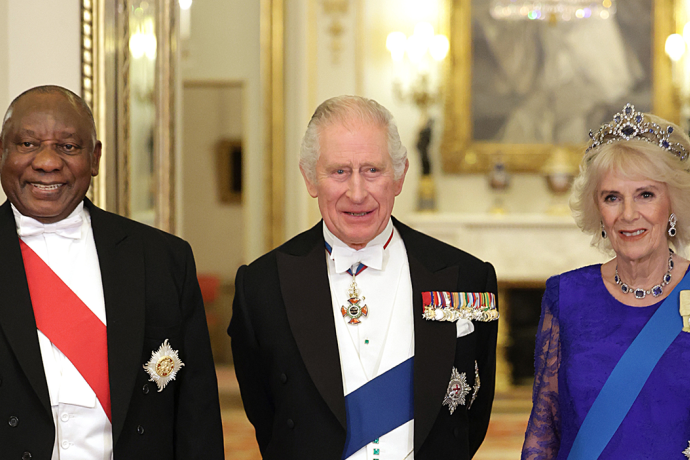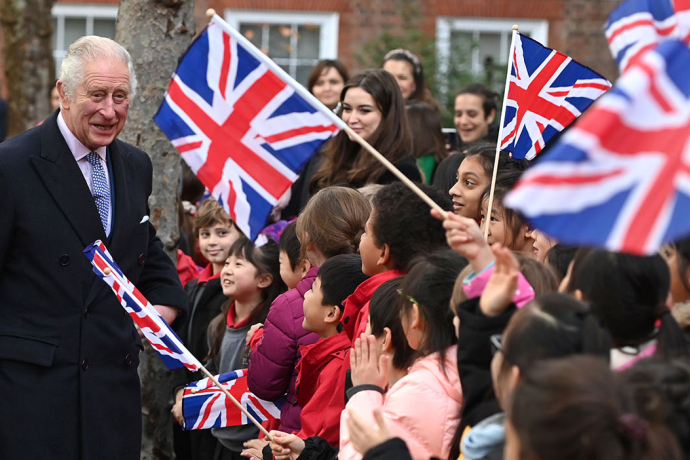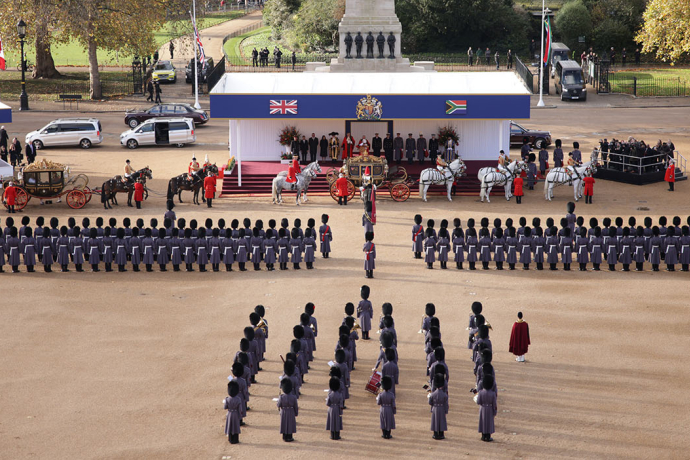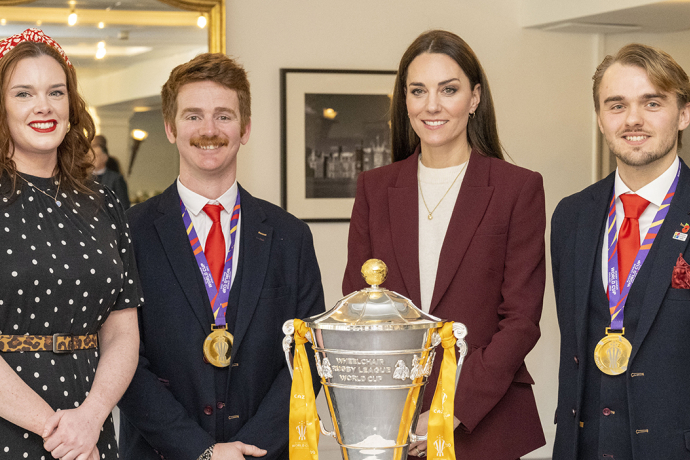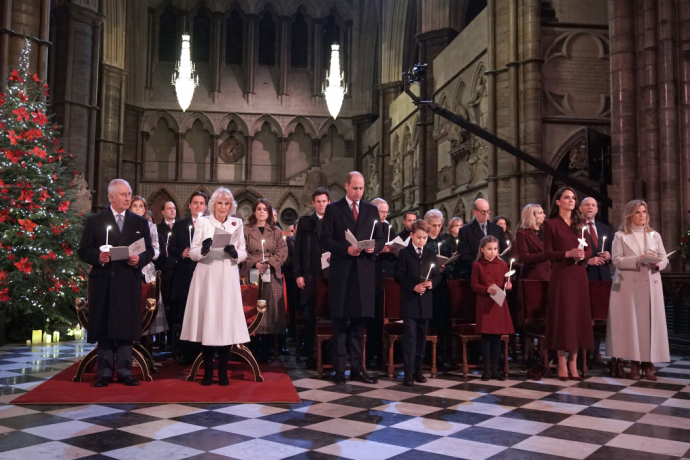The Queen's Medal for Poetry 2021
Published
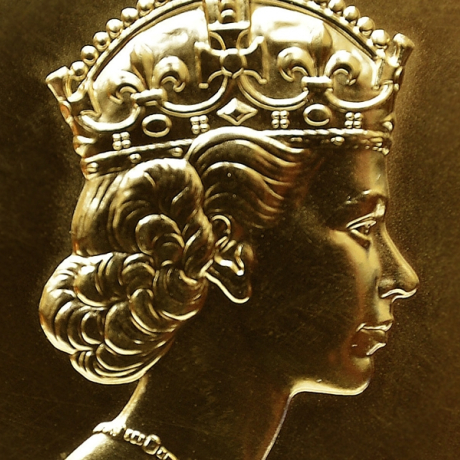
The Queen has approved the award of Her Majesty’s Gold Medal for Poetry for the year 2021 to Grace Nichols.
The Gold Medal for Poetry was established by King George V in 1933 at the suggestion of the then Poet Laureate, John Masefield, and is awarded for excellence in poetry. Each year’s recipient is from the United Kingdom or a Commonwealth Realm.
The Poetry Medal Committee unanimously recommended Grace Nichols as this year's recipient on the basis of her body of work, in particular her first collection of poetry I Is a Long-Memoried Woman (1983), prose and several books for younger readers. The committee is chaired by the Poet Laureate Simon Armitage, who received The Queen’s Gold Medal for Poetry for 2018.
Grace Nichols is a Guyanese poet who moved to Britain at the age of 27. Her first collection of poetry I Is a Long-Memoried Woman (1983) won the Commonwealth Poetry Prize.
On receiving the award, Grace Nichols said:
“I was overwhelmed when I first got the news. It was both wonderful and humbling to be recognised in this way. As a poet you write your poems in solitude, never knowing who they’ll reach. I feel so honoured and delighted to be given this award by Her Majesty and the committee, headed by Poet Laureate, Simon Armitage and to join the illustrious company of past winners from across the Commonwealth.
In my own work I’ve celebrated my Guyanese/Caribbean/South American heritage in relation to the English traditions we inherited as a former British colony. To poetry and the English language that I love, I’ve brought the registers of my own Caribbean tongue. I wish my parents who use to chide me for straining my eyes, as a small girl reading by torchlight in bed, were around to share in this journey that poetry has blessed me with.”
The Poet Laureate, Simon Armitage, said:
“Over the past four decades, Grace has been an original, pioneering voice in the British poetry scene. A noted reader and ‘performer’ of her work, she has embraced the tones of her adopted country and yet maintained the cadences of her native tongue. Her poems are alive with characters from the folklore and fables of her Caribbean homeland, and echo with the rhymes and rhythms of her family and ancestors. Song-like or prayer-like on occasion, they exhibit an honesty of feeling and a generosity of spirit. They are also passionate and sensuous at times, being daring in their choice of subject and openhearted in their outlook.
Above all, Grace Nichols has been a beacon for black women poets in this country, staying true to her linguistic coordinates and poetic sensibilities, and offering a means of expression that has offered inspiration and encouragement to many. She is a moving elegist, and a poet of conciliation and constructive dialogue between cultures, but also a voice of questioning dissent when the occasion demands.”
Background
Biography: Grace Nichols
Grace Nichols was born in Georgetown, Guyana in 1950 and worked as a teacher and journalist before moving to the UK in 1977. On arrival in the UK, Grace’s work touched on racial tensions at a time when immigration was at the centre of political debates under Margaret Thatcher’s government. Her work was often influenced by the history and culture of her homeland, in particular the oral story-telling tradition of folk tales, the landscape and the history of enslavement.
Her first collection of poetry, I Is a Long-Memoried Woman (1983) won the Commonwealth Poetry Prize and a subsequent film adaptation of the book was awarded a gold medal at the International Film and Television Festival of New York. Since then, she has published eight more poetry collections as well as prose and several books for younger readers. In 2007 she was elected a Fellow of the Royal Society of Literature.
History of The Queen’s Gold Medal for Poetry
The Gold Medal for Poetry was instituted by King George V in 1933 at the suggestion of the then Poet Laureate, John Masefield. The Medal is awarded for excellence in poetry, on the basis either of a body of work over several years, or for an outstanding poetry collection issued during the year of the award. The poet is from the United Kingdom or a Commonwealth realm, and the poems will have been published.
The front of the medal bears the crowned effigy of The Queen. The idea of the reverse, which was designed by the late Edmund Dulac, is ‘Truth is emerging from her well and holding in her right hand the divine flame of inspiration – Beauty is Truth and Truth Beauty’. The latter part of this description is a quotation from John Keats's poem, "Ode on a Grecian Urn".
Previous recipients of The Queen’s Gold Medal for Poetry
1934 Laurence Whistler
1936 W H Auden
1940 Michael Thwaites
1952 Andrew Young
1953 Arthur Waley
1954 Ralph Hodgson
1955 Ruth Pitter
1956 Edmund Blunden
1957 Siegfried Sassoon
1959 Frances Cornford
1960 John Betjeman
1962 Christopher Fry
1963 William Plomer
1964 R S Thomas
1965 Philip Larkin
1967 Charles Causley
1968 Robert Graves
1969 Stevie Smith
1970 Roy Fuller
1971 Stephen Spender
1973 John Heath-Stubbs
1974 Ted Hughes
1977 Norman Nicholson
1981 D J Enright
1986 Norman MacCaig
1988 Derek Walcott
1989 Allen Curnow
1990 Sorley Maclean
1991 Judith Wright
1992 Kathleen Raine
1996 Peter Redgrove
1998 Les Murray
2000 Edwin Morgan
2001 Michael Longley
2002 Peter Porter
2003 U A Fanthorpe
2004 Hugo Williams
2006 Fleur Adcock
2007 James Fenton
2009 Don Paterson
2010 Gillian Clarke
2011 Jo Shapcott
2012 John Agard
2013 Douglas Dunn
2014 Imtiaz Dharker
2015 Liz Lochhead
2016 Gillian Allnutt
2017 Paul Muldoon
2018 Simon Armitage
2019 Lorna Goodison
2020 David Constantine
Related content
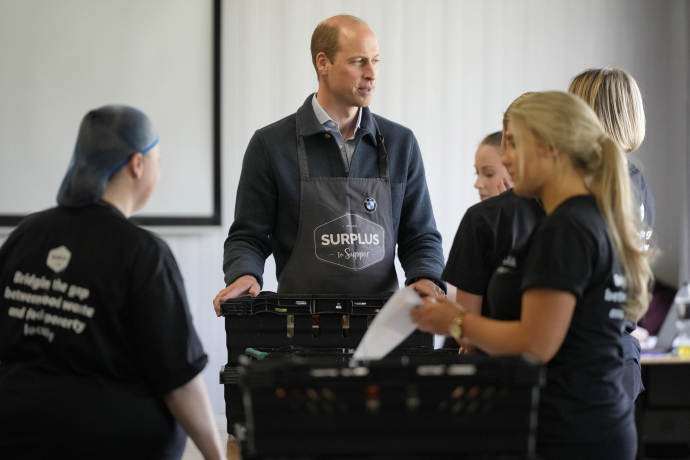


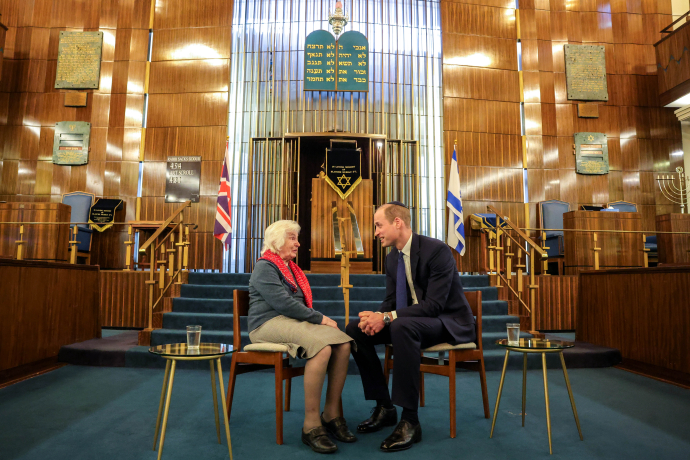



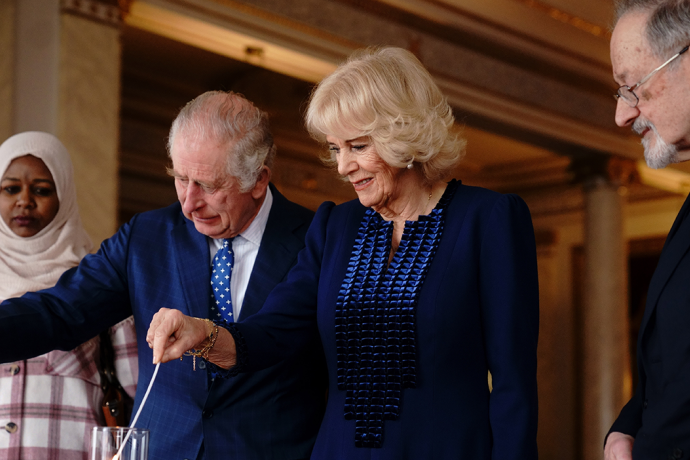
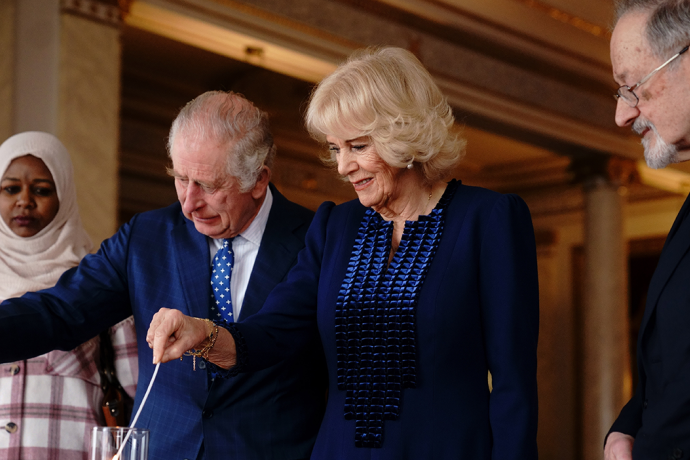






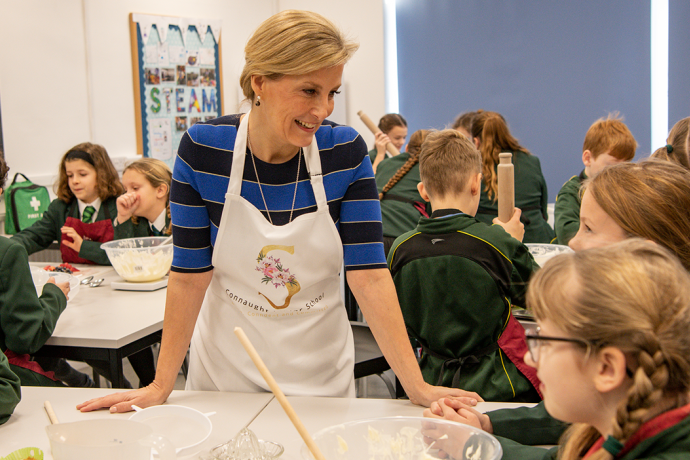
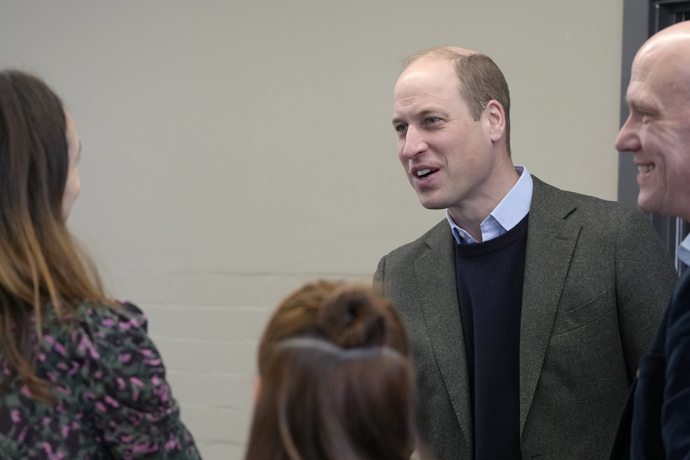
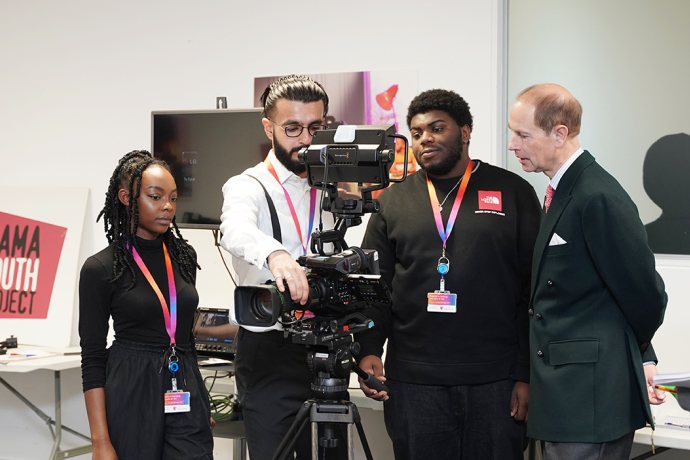
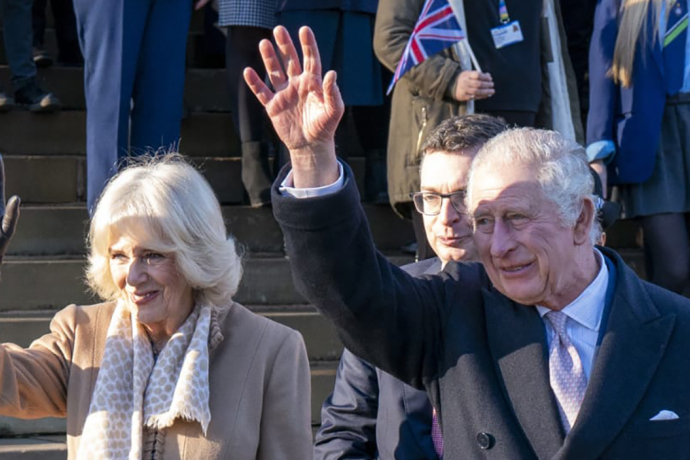


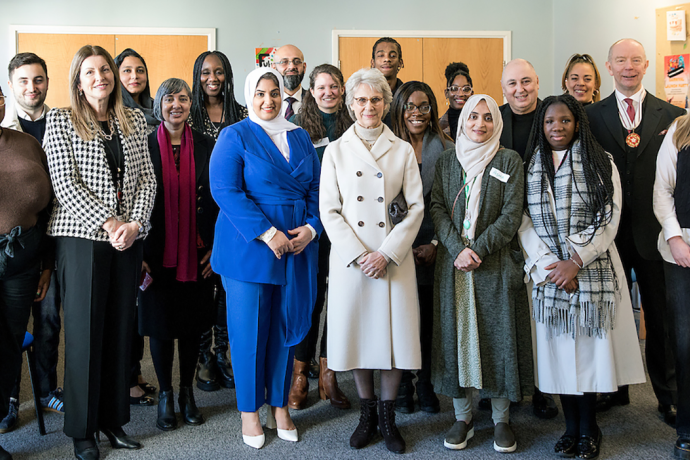
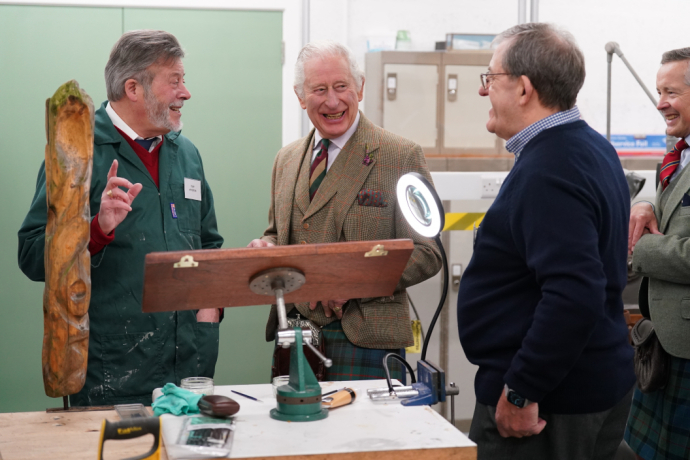
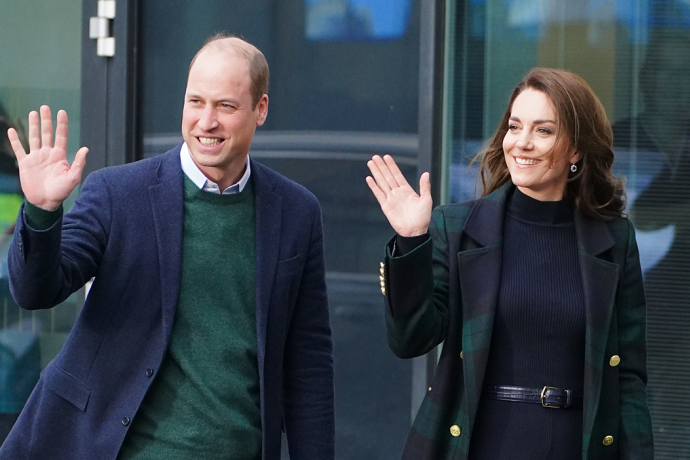

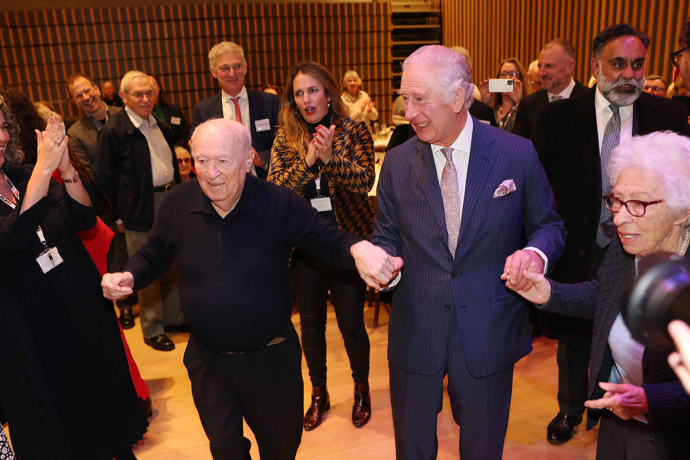
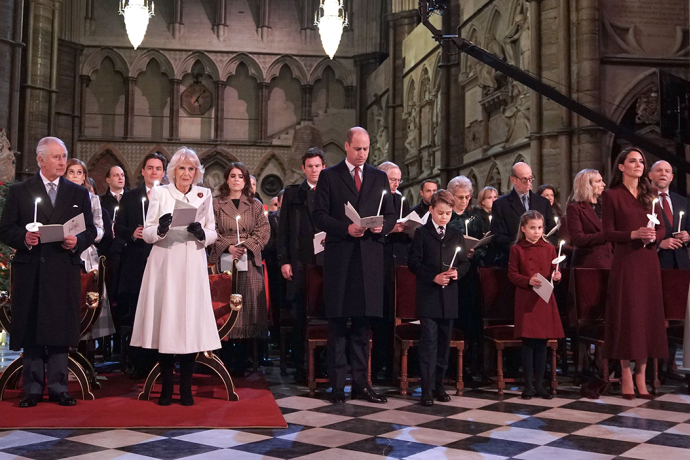

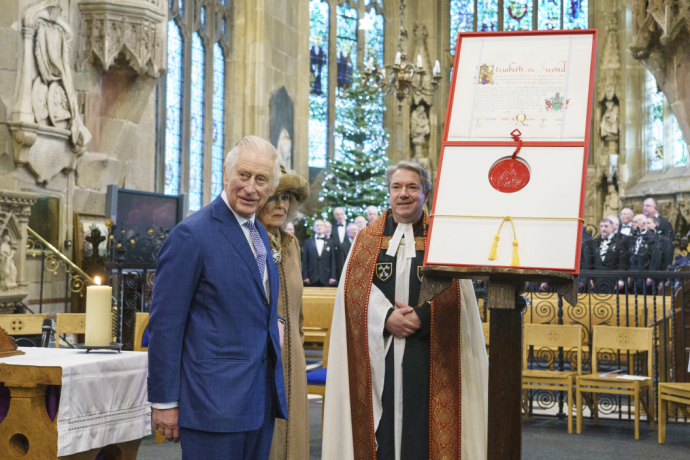

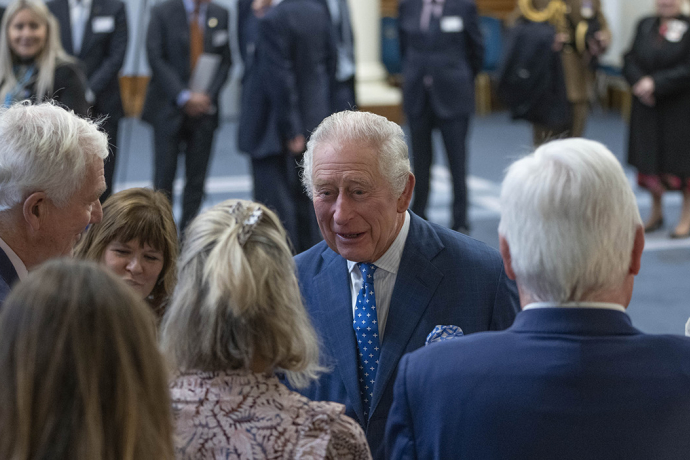

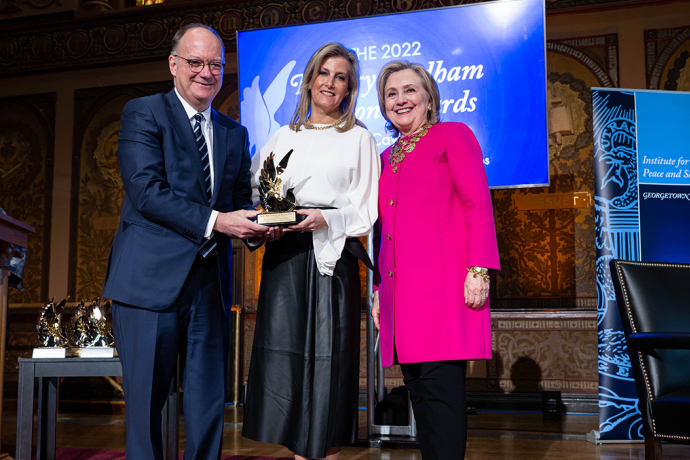
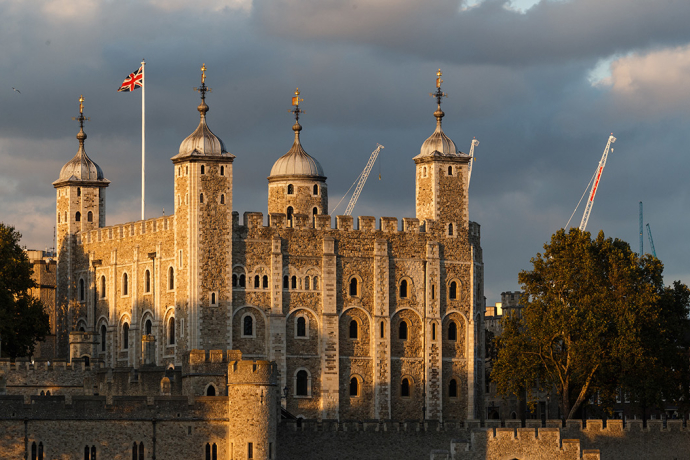
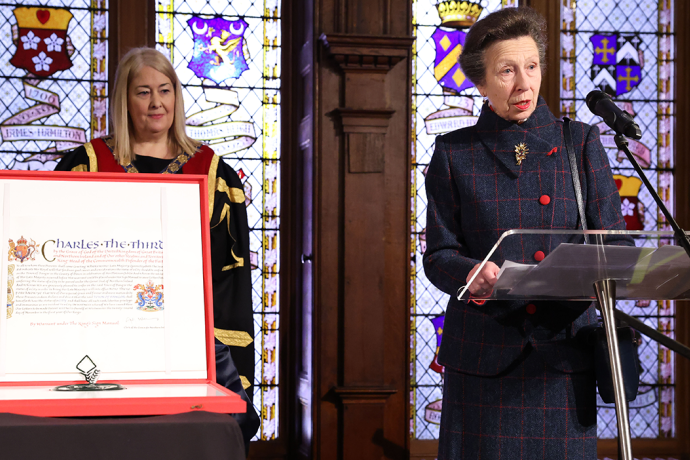

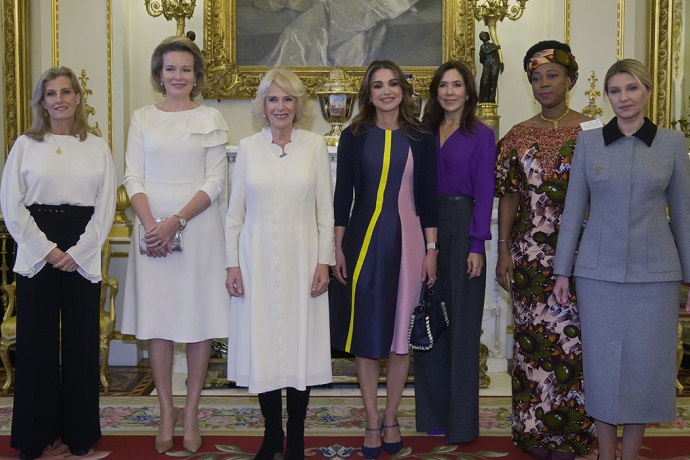
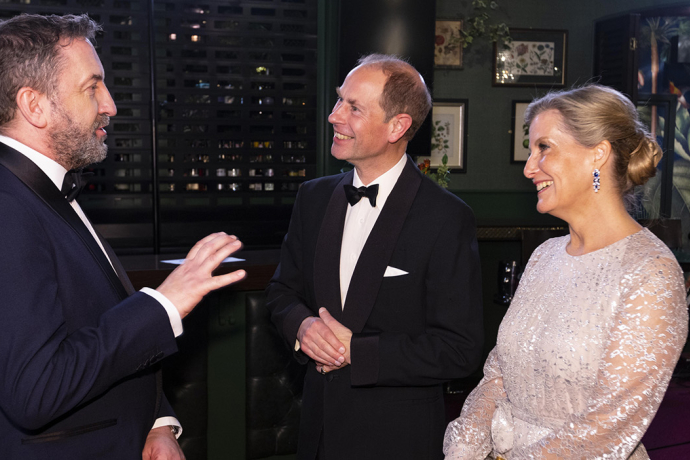

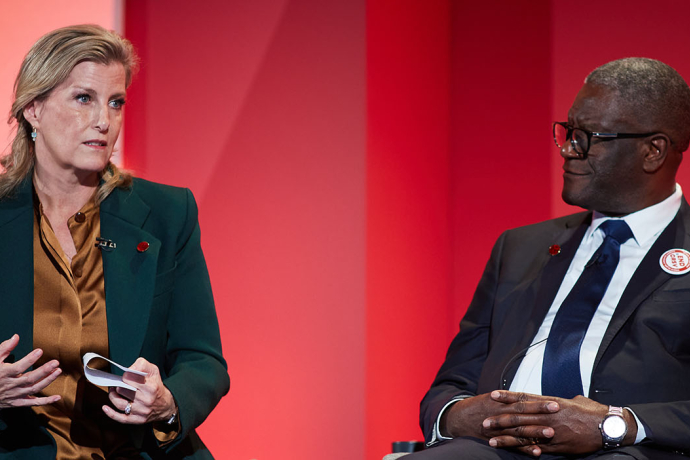
The Prince and Princess of Wales visit Boston for the 2022 Earthshot Prize Awards
28 November 2022